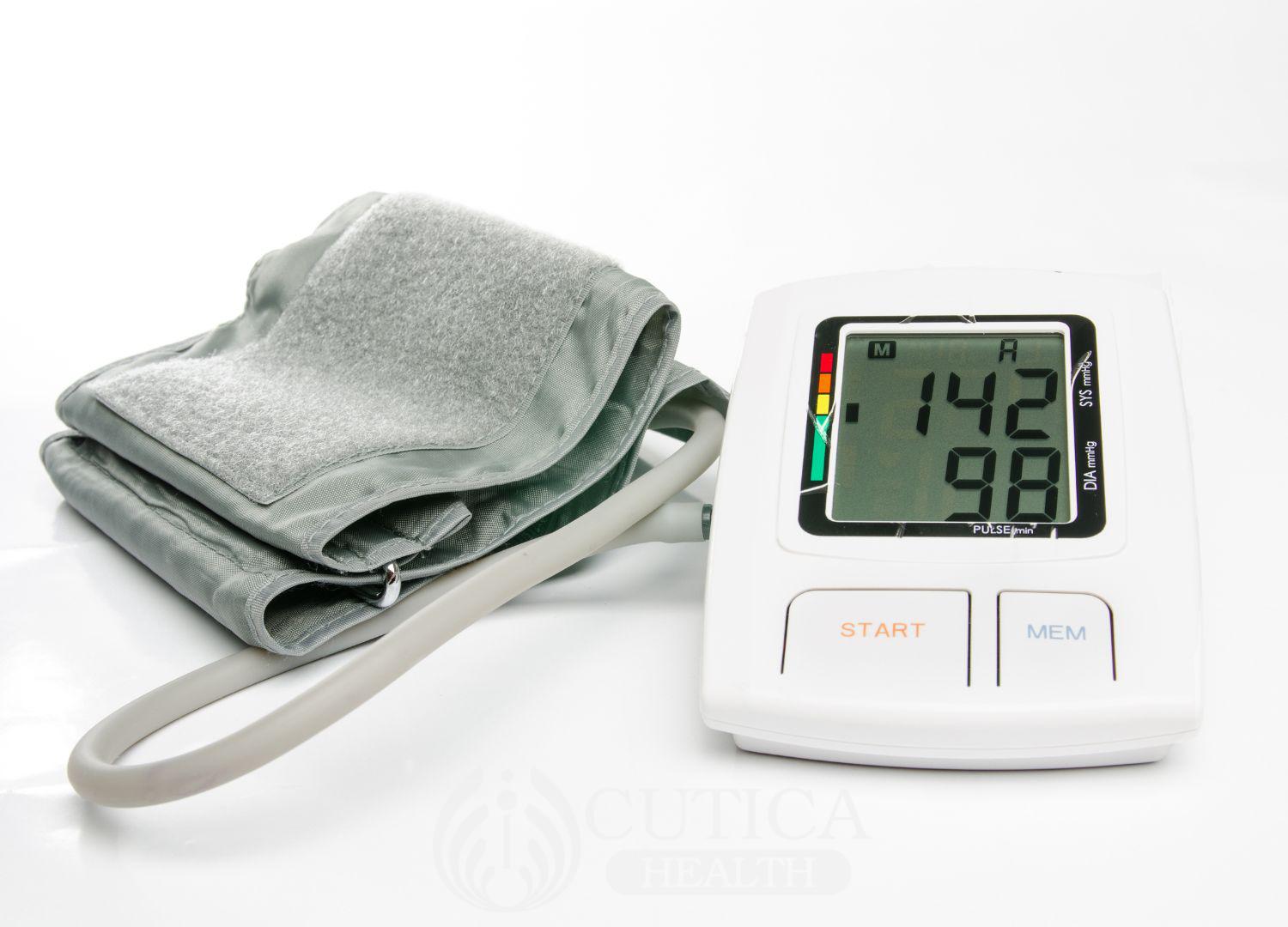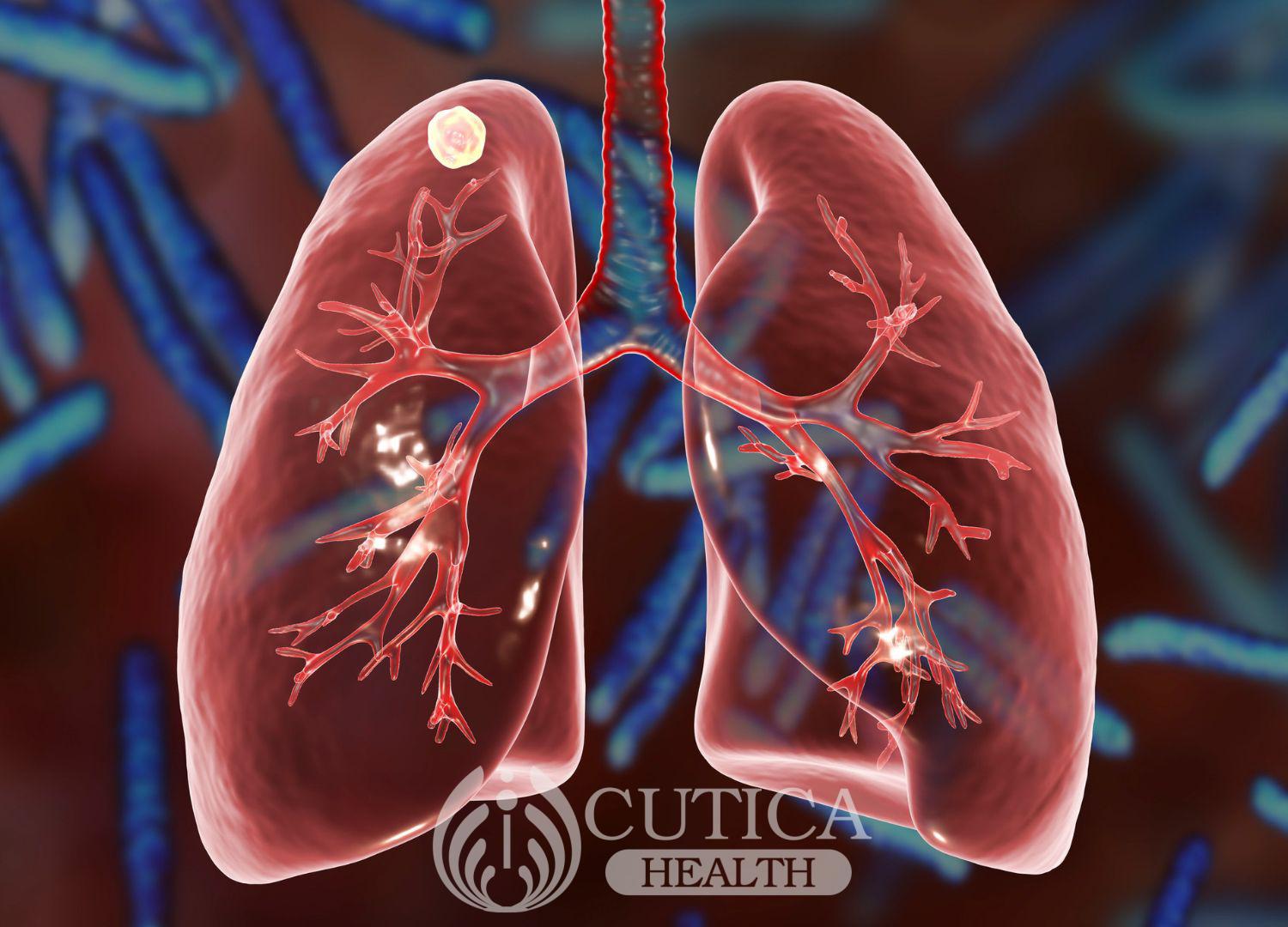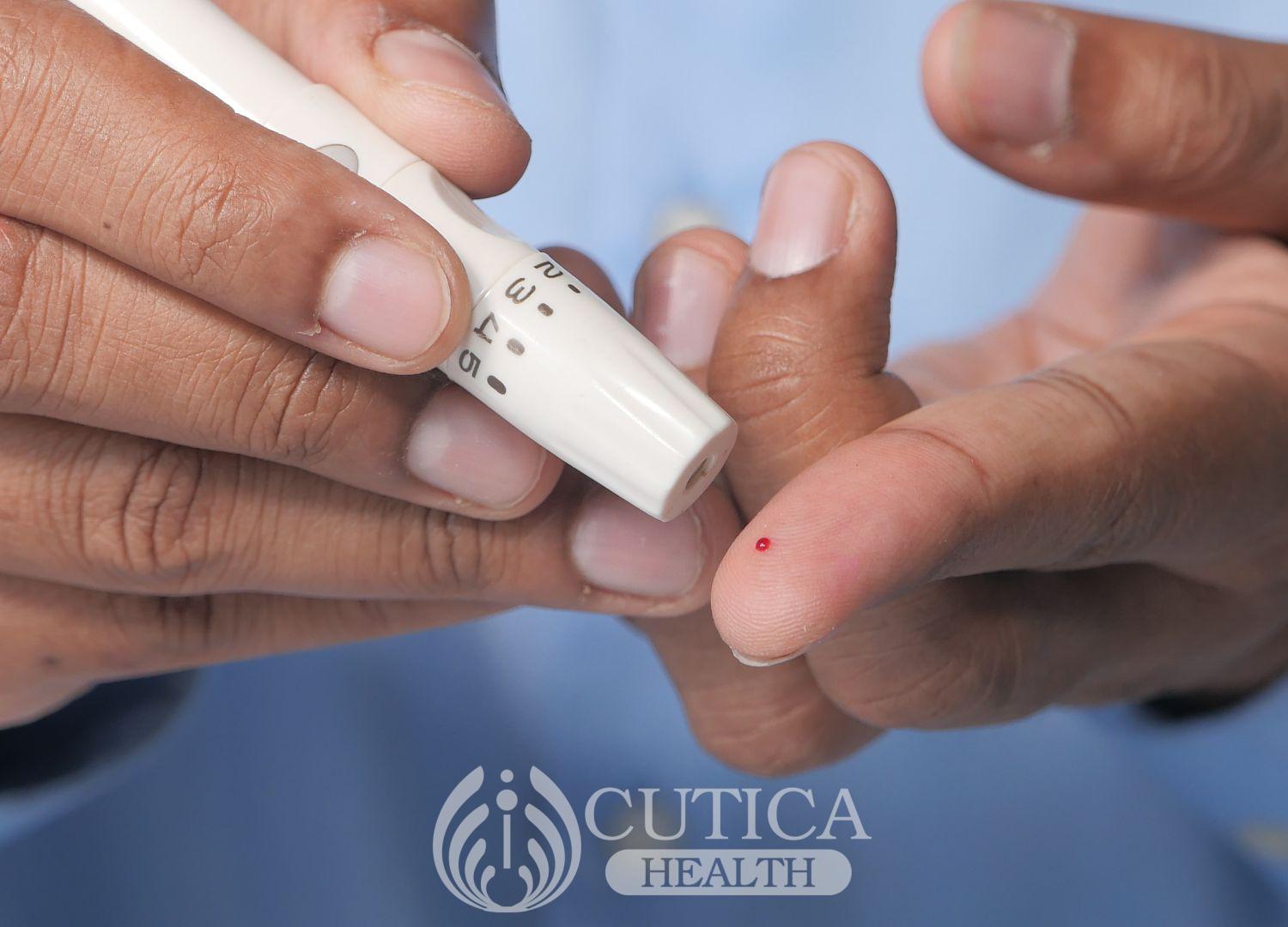
Hypertension, also known as high blood pressure, is a common health condition that affects millions of people around the world. High blood pressure can lead to serious health problems, including heart disease, stroke, and kidney damage. This article will look closely at the relationship between hypertension and your kidneys.
Kidneys: The Filters of Your Body
Your kidneys are two bean-shaped organs located in your lower back. They play an essential role in filtering waste products and excess fluid from your blood. The kidneys also help regulate your blood pressure by controlling the amount of salt and water in your body.
When your blood pressure rises, your kidneys must work harder to filter your blood. Over time, this increased workload can damage the delicate blood vessels and filtering units within your kidneys. As a result, your kidneys may gradually lose their ability to function correctly.
The Connection between Hypertension and Kidney Disease
Hypertension and kidney disease are closely connected, as high blood pressure is a significant cause of kidney disease. About one-third of people with hypertension eventually develop kidney disease.
Over time, chronic kidney disease can lead to end-stage kidney disease and the need for dialysis or a kidney transplant. 
Managing Hypertension to Protect Your Kidneys
The best way to protect your kidneys from the damaging effects of hypertension is to manage your blood pressure. There are several ways to do this, including:
- Making healthy lifestyle changes: This includes eating a healthy diet, losing weight if you are overweight, and engaging in regular physical activity.
- Taking medication: If your blood pressure is elevated, your doctor may prescribe medication to lower it. There are several blood pressure medications, including diuretics, beta-blockers, and ACE inhibitors.
- Monitoring your blood pressure regularly: You should have your blood pressure checked regularly by your doctor and monitor it at home.
- Managing other health conditions: If you have other health conditions, such as diabetes, heart disease, or kidney disease, it is essential to manage these conditions effectively, as they can contribute to the development or complications of hypertension.
Conclusion
Hypertension and kidney disease are closely connected, as high blood pressure is a leading cause of kidney disease. By managing your blood pressure through healthy lifestyle changes, taking medication, monitoring your blood pressure regularly, and managing other health conditions, you can protect your kidneys from the damaging effects of hypertension. If you have any concerns about your blood pressure or kidney health, speak with your doctor. 












